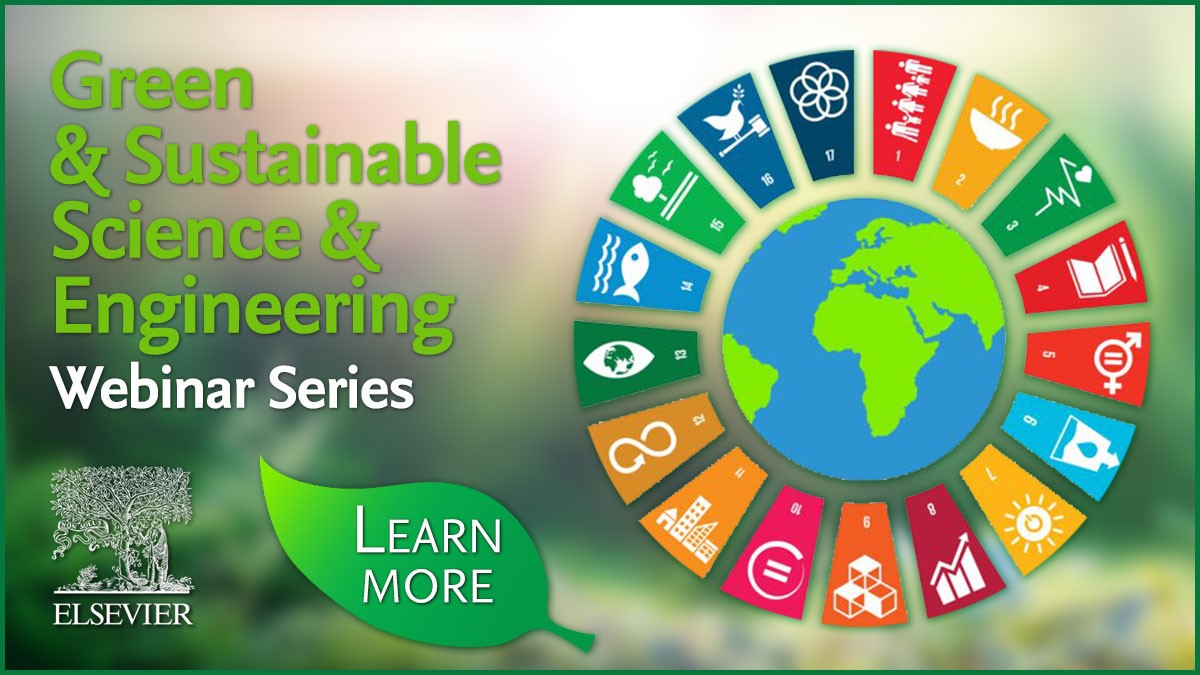Green & Sustainable Science & Engineering Webinar Series 1
Online webinar

The world is facing a climate emergency. We must reduce our reliance on fossil fuels and their export and, instead, develop renewable and efficient energy. Electrification of heating with heat pumps can radically reduce natural gas use, electrical vehicles cut the need for oil, and energy efficiency and renewable energy can help shoulder the greater demand this electrification causes, while cutting coal use, carbon emissions and resultant climate destabilization.
Open source hardware design has proven to be an effective method to increase innovation and decrease costs of equipment. It can accelerate practical action and the implementation of policies and strategies to reduce our use of oil and gas. In this presentation the power of open source will be explained to show how it can improve the performance and decrease the costs of decarbonization technologies.
This presentation will end with a description of the HardwareX special issue on Open Source Decarbonization for a Sustainable World . Sign up for free here: https://cassyni.com/s/gsse
References:
Biograpghy: Prof Joshua Pearce
Joshua M. Pearce is the John M. Thompson Chair in Information Technology and Innovation at the Thompson Centre for Engineering Leadership & Innovation. He holds appointments at Ivey Business School and the Department of Electrical & Computer Engineering at Western University in Canada. He runs the Free Appropriate Sustainability Technology research group . His research concentrates on the use of open source appropriate technology (OSAT) to find collaborative solutions to problems in sustainability and to reduce poverty. His research spans areas of engineering of solar photovoltaic technology, open hardware, and distributed recycling and additive manufacturing (DRAM) using RepRap 3-D printing, but also includes policy and economics. His research is regularly covered by the international and national press. According to Elsevier’s citation metrics last year he was in the top 0.06% most cited scientists globally and is continually ranked in the top 0.1% for his accessible research on Academia.edu. He is the editor-in-chief of HardwareX, the first journal dedicated to open source scientific hardware and the author of the Open-Source Lab:How to Build Your Own Hardware and Reduce Research Costs , Create, Share, and Save Money Using Open-Source Projects , and To Catch the Sun , an open source book of inspiring stories of communities coming together to harness their own solar energy, and how you can do it too!
